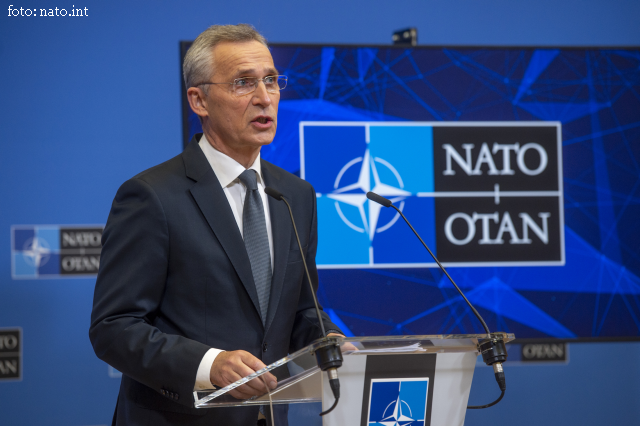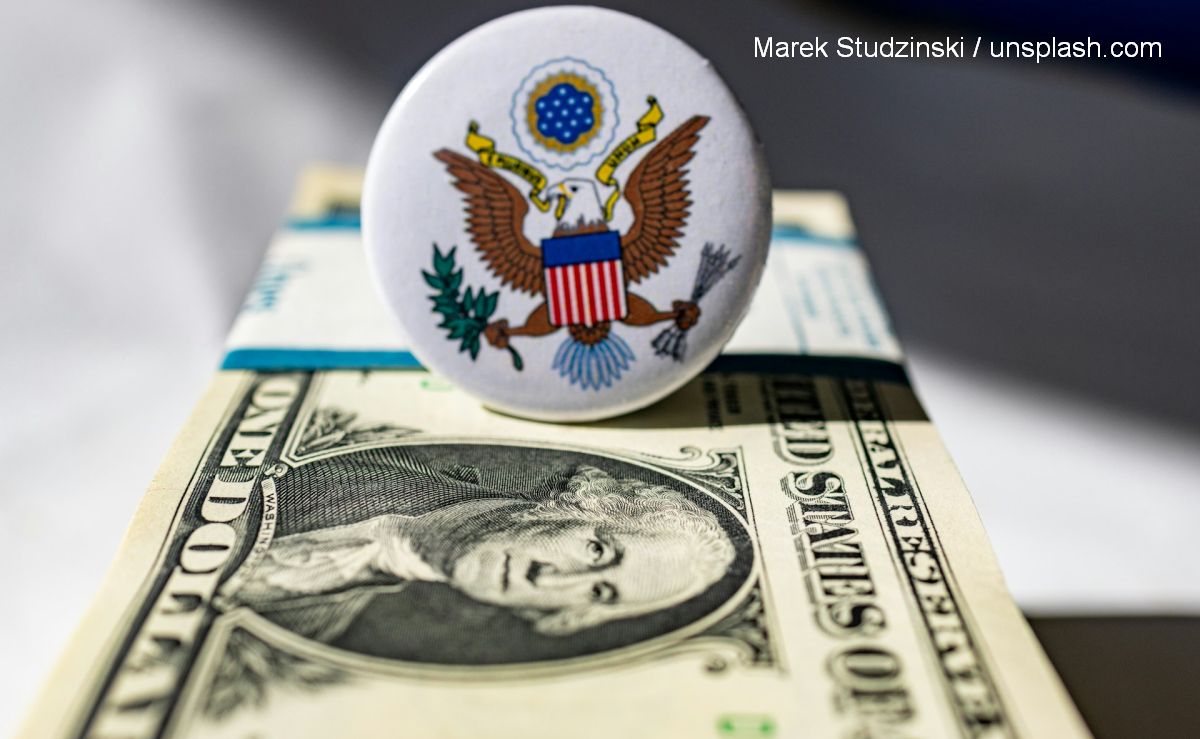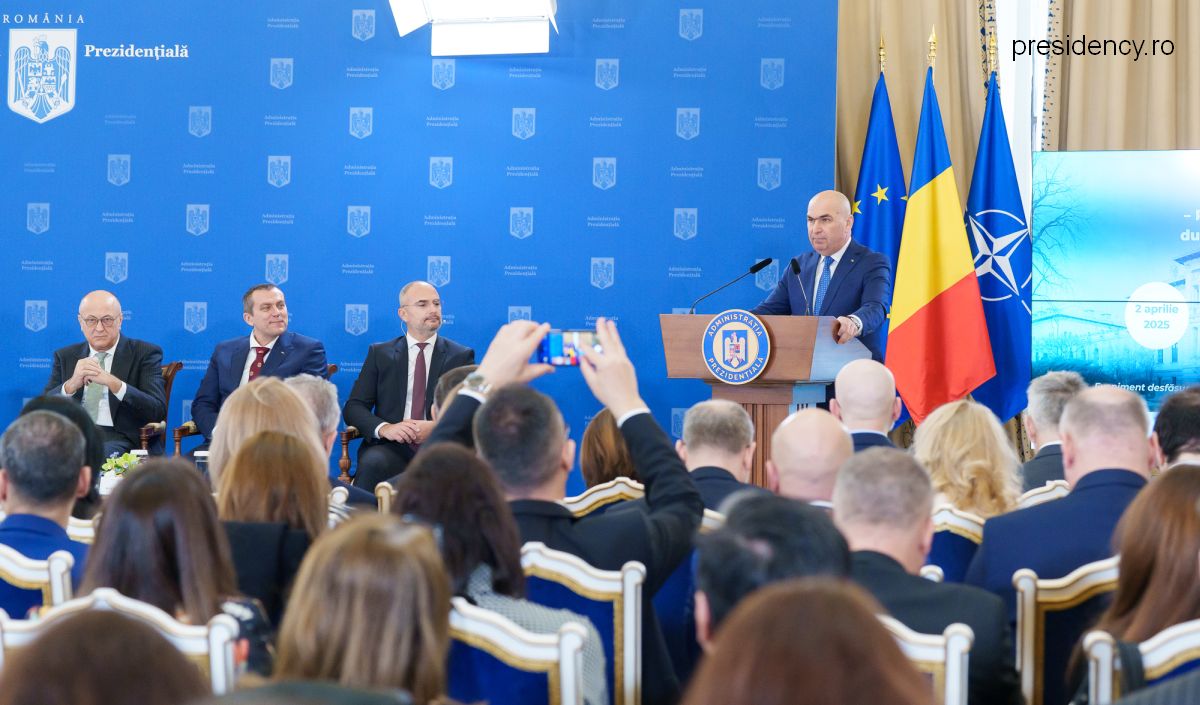Long war expected in Ukraine
NATO expects no quick end to the war in Ukraine
Warning: Trying to access array offset on null in /home/web/rri.ro/public/wp-content/themes/rri/template-parts/content.php on line 53

Warning: Trying to access array offset on null in /home/web/rri.ro/public/wp-content/themes/rri/template-parts/content.php on line 98
Bogdan Matei,
18.09.2023, 13:50
NATO’s secretary general
Jens Stoltenberg warned that the war in Russia-invaded Ukraine is not going to
end very soon. In an interview released on Sunday by the German press group Funke
and quoted by international media, he said that Most wars last longer than
expected when they first begin and concluded that Therefore we must prepare
ourselves for a long war in Ukraine.
Stoltenberg also argued
that We all want a quick peace. At the same time, we must recognize that if
President Zelenskyy and the Ukrainians stop fighting, their country will no
longer exist. If President Putin and Russia stop fighting, we will have peace.
As for Kyiv’s plans to
join the North-Atlantic Alliance, its chief says it is just a matter of time
before Ukraine joins the Alliance. When the war ends, Ukraine will need safety
guarantees. Otherwise, history could repeat itself, Jens Stoltenberg warned.
In this summer’s NATO summit in Vilnius, the
NATO leaders agreed that Ukraine would be able to join, provided that certain
conditions were met, related to democracy and the rule of law. But Kyiv
struggles with recurrent scandals, some of them concerning the very equipment
of the Army fighting the Russians or the widespread bribery system in military
commissariats, whereby men avoid recruitment.
Meanwhile, the long-discussed and awaited
Ukrainian counteroffensive, launched this summer, is much slower than Kyiv
officials and their Western supporters were hoping. Every couple of weeks, Ukraine
announces the freeing of some village, usually completely deserted and
obliterated by the Russian occupants.
On the other hand, Russia’s great-power
ego and territorial appetite are far from being satisfied. Moscow only has some
control over four Ukrainian regions: Donetsk and Luhanks in the east, Kherson
and Zaporizhzhia in the south, in addition to the Crimean peninsula annexed in
2014. It is too little compared to what Putin told his men on February 24,
2022, when he ordered the invasion.
Both the aged and bitter Kremlin chief and
his close aides, who keep echoing the same nonsensical claims of de-Nazifying
an Ukrainian state led by a Jewish president, seem hardly resigned to not
seeing their tanks entering Kyiv.
Moreover, the Russian economy seems to
withstand the successive waves of Western sanctions, and to be able to further
finance the invasion. So chances are the fighting will continue, even though
Russian experts themselves have calculated that two months of war equate the Russian
Federation’s healthcare budget for the entire year 2023. (AMP)






























